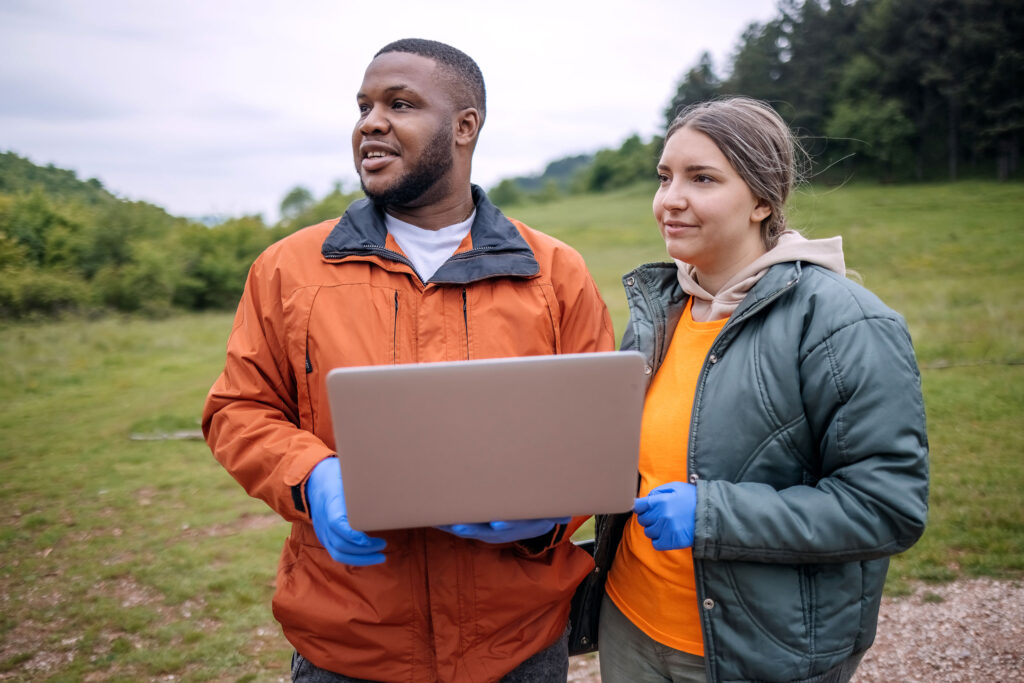
policy priorities
New innovations in space technology, including low Earth orbit (LEO) satellites, can directly improve the lives of millions. There is no path to universal broadband access without LEO satellite broadband. But 20th-century red tape and bureaucracy could slow down and stifle these 21st-century breakthroughs.
We need policymakers to continue to update space policy and modernize regulations so that we can finally bridge the digital divide and deploy other exciting advances in space.

UPDATING SPACE POLICY FOR THE 21ST CENTURY
Policymakers must keep building on recent momentum and clear outdated barriers that are hampering space innovation and the deployment of LEO satellites. Opportunities include:
- Updating regulations to consolidate redundant environmental reviews and range safety inspections that cost engineers valuable time and create delays across the entire launch timeline.
- Updating legacy Equivalent Power Flux Density (EPFD) regulations that were designed for decades-old geostationary satellite technology and obstruct LEO satellite broadband access for consumers who need it.
- Continuing to take a position of leadership in the International Telecommunication Union (ITU), positioning the U.S. to influence and shape global space rules rather than being forced to play by the rules of our competitors.
The Connect Everyone Coalition Weighs In on The SAT Streamlining Act
The Connect Everyone Coalition is encouraged by the introduction of the…
Connect Everyone Coalition Statement on President Trump’s Space Policy Executive Order
The Connect Everyone Coalition (CEC) today released the following statement on…
The Connect Everyone Coalition Calls Upon Policymakers to Continue Modernizing Space Policy
This week, 20 groups, including local businesses, connectivity experts and…
